
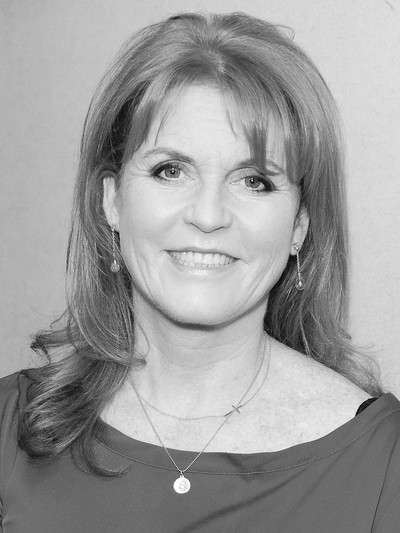
The Duchess Of York Talks Favourite Books, Her Writing Process & More
What was the first book you remember loving as a child?
“As a child I loved Winnie the Pooh and still do. It is a joyful and comforting read. The plot shows the importance of friendship. Winnie the Pooh and his friends enjoy the simple pleasures that children have enjoyed throughout the years: picnics, tea, pooh sticks, enjoying nature. Problems are solved using their imagination – of course a balloon is the best way to reach the honey! It’s a book you want to share. When I shared the stories with my children Beatrice and Eugenie, I realised the profound wisdom of these books, too. I love a good quote and Winnie the Pooh has provided me with many. Particular favourites include: “If ever there is tomorrow when we’re not together…there is something you must always remember. You are braver than you believe, stronger than you seem, and smarter than you think. But the most important thing is, even if we’re apart…I’ll always be with you.” Another one would be: “You can’t stay in your corner of the Forest waiting for others to come to you. You have to go to them sometimes.” I am so enjoying introducing Winnie the Pooh to my grandchildren now.”
Is there a book you've read more than once?
“Yes! In fact, there are several, but the one I always return to, my comfort read, is Pride and Prejudice. I love the wit and humour; it just makes me laugh. I also love the Regency period and the characters in the novel. We’ve all met an opinionated Lady Catherine de Bourgh – and most of all, I love the romance. It is an eternal novel. Many of the themes are as relevant today as they were 200 years ago. People still struggle to be accepted in society, they still have economic difficulties, they still struggle to find love and, most of all, they still battle against pride and prejudice. Elizabeth Bennet is a modern woman, a role model; she doesn’t let herself be bullied into a marriage with Mr Collins, she thinks for herself and is determined to choose her own path. In the book she makes a journey of self-discovery. She learns that first impressions can often be misleading; as she learns more about Wickham and Darcy, she realises that she has misjudged them. She learns from her mistakes and eventually has her happy ever after.”
When did you first know you might like to be a writer?
“I’ve always loved telling stories. When I was a child, I would regale my toys, the dogs and even the chickens with my adventures. But it wasn’t until I had children that I started telling them stories based on my experiences of learning to fly a helicopter that I committed pen to paper. That is how Budgie the Little Helicopter first took off. Since then, I have written children’s books, adult non-fiction and two adult romance novels – I’m just starting my third.”
Can you tell us about your writing process?
“I am a very creative person. I will see something and it will just inspire me. For example, my children’s book series Puddle Boots came about when I saw children jumping in puddles in their wellies. I thought what if they were magic boots and jumped you into a watery adventure? My first romantic adult fiction novel, Her Heart for a Compass, was inspired by researching my family tree. I noticed that my great-great-great-grandfather had a daughter called Margaret. Very little was known about her and I decided to give her a voice. My middle name is Margaret so I wondered how my life would have panned out in the Victorian period. I had already done some research into that period when I wrote the non-fiction books Victoria and Albert: A Family Life at Osborne House and Travels with Queen Victoria with Benita Stoney. These books inspired me to co-produce the film Young Victoria. So, I was familiar with the period. Mills & Boon teamed me up with my wonderful mentor, historical writer Marguerite Kaye, who has written over 60 novels. We have great discussions where I can play around with my characters and ideas for them.
“The heroine of A Most Intriguing Lady is Lady Margaret’s younger sister, Lady Mary. Again, very little information was available so apart from a few known facts, she was a blank canvass. I wondered what impact Lady Margaret’s rebellion had on her sister. I had recently been reading about female detectives and criminal gangs in the Victorian period and also about circuses. I visualised Mary as a mistress of disguise who had a secret life of adventure.
“I don’t necessarily write chronologically. I do my research and jot down my ideas in a notebook with my beautiful Montegrappa pen, then link them in as the story evolves. Sometimes I have to go back and change something as the characters have moved off in a different direction to the one I thought they would take.”
Let's talk about your reading habits now – are you a Kindle or print person?
“Definitely print. I spend a lot of time looking at a screen, so it’s great to be able to relax, tucked away in the garden or a cosy armchair with a book. I love the smell of new books and being able to turn a page or flick back to check I’ve remembered something correctly.”
Amazon or bookstore?
“I use both but I do enjoy browsing in a bookstore – often they have recommendations and really highlight debut authors. A lot of my book buying takes place in the airport, but I do enjoy visiting Hatchards in Piccadilly (which has been around since 1797) and Waterstones. There are some amazing independent bookstores out there too, like Persephone Books which has now moved from London to Bath.”
What’s the best book you’ve read this year?
“I’ve read some great books this year. I have just finished She-Merchants, Buccaneers and Gentlewomen by Katie Hickman about the first British women to set foot in India. This again was inspired by my family research. I discovered that my maternal great-great-great-great-grandfather, John Shore, was Governor-General of Bengal in the 1790s. I have visited India many times and wondered what it would have been like to live there all those years ago. I was especially excited to read about Marian and Warren Hastings (such a scandalous love story), as John Shore worked alongside Hastings.
“On the fiction front I really enjoyed The Island of Missing Trees by Elif Shafak – I have a fascination with trees and very much enjoyed that one of the narrators was a fig tree. Through it you learn about the nature of trees and the history of Cyprus.”
What are you reading right now?
“The Enchanted April by Elizabeth von Arnim. It was written in 1922 and the setting is idyllic: a medieval castle on the Italian Riviera with stunningly beautiful gardens – I just want to be there. It is a joyous novel about female friendship and self-discovery.
“I am also reading The Wilder Shores of Love by Lesley Blanch which is about four women who escaped the constraints of 19th-century Europe and headed East to find adventure and love. So far, I have read about Isabella Burton, wife of Sir Richard Burton (the explorer not the actor), and am reading about Jane Digby, a cousin of my great-great-grandmother Julia Wingfield Viscountess Powerscourt (who readers will have met in Her Heart for A Compass). She was a hard-core adventurer who arrived in Syria when she was 46. Divorced three times and with numerous lovers left behind, she finally found her soulmate, Sheik Abdul Medjuel El Mezrab, and they were happily married for 30 years. Jane often used to gallop out into the Syrian desert at the head of her husband’s horsemen, leading them into an inter-tribal battle. There are a further two women to discover: Aimée du Buc de Rivéry, who was captured by corsairs and sold into the harem of the Grand Turk, and Isabelle Eberhardt, who explored the Sahara disguised as a boy. I’m excited to read about them.”
Do you have a favourite genre to read?
“I do love historical fiction – I’m an armchair time-traveller. There is nothing better than escaping into history. Learning about life in a different time period is fascinating; a well-researched historical novel is a great way to understand past events – when you dive into the protagonist’s life, you get an emotional connection to the past. You learn things that you never learnt about at school; it makes history come alive.
“For example, I knew of Ellis Island in New York Harbor, but it was only after reading The Quarantine Station by Michelle Montebello that I discovered there had been a similar entry point at the North Head in Sydney. I also love that a lot of historical fiction features women’s stories – the history I learnt at school was based on men’s stories and I always wondered what their wives, sisters, mothers and daughters were doing. That’s why, when I wrote about Lady Margaret and Lady Mary, I wanted to give them exciting lives and a voice – all the men in the family had their lives documented, but there was very little information to glean about them.”
Where do you like to read?
“We have a room we call the Snug. It is only a small room, but I love to curl up on the sofa with the dogs snuggled around me and read my book. Weather permitting, I enjoy sitting under a tree in the garden; it’s so good to be outside surrounded by beautiful plants and flowers with the scent of summer when the weather allows.”
How do you feel about book clubs?
“Book clubs are a great way to socialise and share a common interest. It’s more than just reading. You get a chance to discuss the book in depth and share opinions, perspectives and ideas – you don’t have to agree; in fact, it sometimes makes a more interesting discussion if you don’t. It also offers the opportunity to discover new authors, try new genres with recommendations from your fellow booklovers.”
Is there a book that's helped you through difficult times?
“I have experienced a lot of adverse media attention in my life. A particularly dark time followed my divorce from the Duke of York for, whilst we were still friends, the media wanted to paint a different picture. Years later when I read about the injustice and hatred experienced by those living under apartheid in Nelson Mandela’s biography The Long Walk to Freedom, I was struck by the following sentence: “I wanted South Africa to see that I loved even my enemies while I hated the system that turned us against one another.” Mandela was committed to justice and equality; he saw that injustice and hatred harms those who practise it as well as those against whom it is wielded. So, he chose not to hate. He chose forgiveness. And I realised that by choosing kindness over bitterness I had done myself the greatest favour of all.”
Do you have a favourite literary character?
“When I was a child, I read Charles Kingsley’s story The Water Babies. One of the characters is Mrs Do-As-You-Would-Be-Done-By. She shows how the world would be a better and kinder place if you treated people as you, yourself would like to be treated. I am a great believer in the importance of kindness. A kind word is easy to give and can make someone else’s day all the brighter for it. Empathy and compassion are fundamental to kindness. They help you understand what someone is experiencing and recognise how to help them. When you are kind to others the wellbeing it generates makes you feel better about yourself. You are doing yourself a kindness.
“There is too much unkindness in this world. Whilst the internet has been a force for good, helping us to keep in touch with friends and family all across the world, it has also given a platform to a minority who seem to think that all the normal rules of society don't apply to the internet. They make abusive comments to people in the public eye and other internet users. They feel licensed to say things online they would never say face to face. There is good evidence that this online culture is having a detrimental impact on people's mental health, particularly vulnerable young people. It simply isn’t acceptable to troll people online.”
What's high on your to-be-read list for the remainder of 2023?
“I loved The Island by Victoria Hislop and am looking forward to her new book The Figurine. I am also looking forward to Richard Osman’s The Last Devil to Die. I love the humour in his books and have a weakness for crime fiction. I also grew up reading Jilly Cooper and loved Riders and Polo, so am looking forward to Tackle. I also enjoyed The Night Portrait by Laura Morelli and can’t wait to read The Last Masterpiece.”
Is there a book you'd give someone as a gift?
“I really like to give Beatrix Potter and Winnie the Pooh books to young children. It is so important to spend quality time with your children and what better way to do that than snuggling up with a bedtime story? The books you give adults often depends on the reader’s interests. Some prefer non-fiction, others enjoy a good story; some prefer thrillers, others enjoy a romance. I tend to gift books I have enjoyed reading or something I know the recipient will enjoy.”
Finally, what's the one book that left the biggest impression on you?
“As a young child, I loved the Little Black, A Pony series by Walter Farley. I could identify with it. Like me, the hero was horse mad and Little Black was his best friend. But he abandoned Little Black for Big Red, a big, strong horse that could beat the Little Black Pony at everything – it could run faster, jump higher and swim across rushing rivers. This makes Little Black very sad and he runs away. The boy gives chase on Big Red, but Little Black runs across a frozen river and, when Big Red follows, he is too heavy and cracks the ice. The boy is frozen into the ice-cold water. Only Little Black can save him and, because he loves the boy, he gets him to safety. This opens the boy’s eyes to the fact that Big Red can’t do everything and he should appreciate Little Black’s love and big heart. It taught me a valuable lesson that biggest and fastest isn’t always best, and the importance of loyalty.”
Shop the Duchess of York’s favourite books below
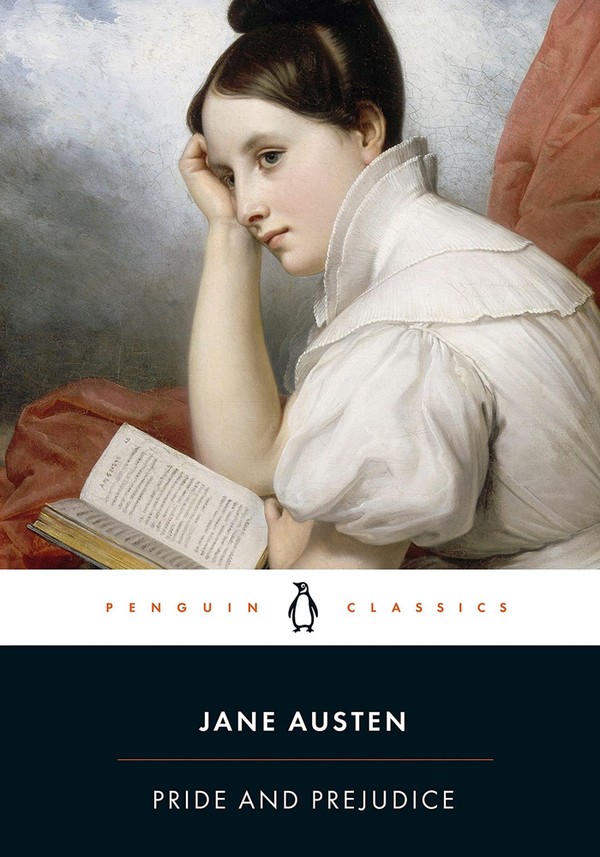
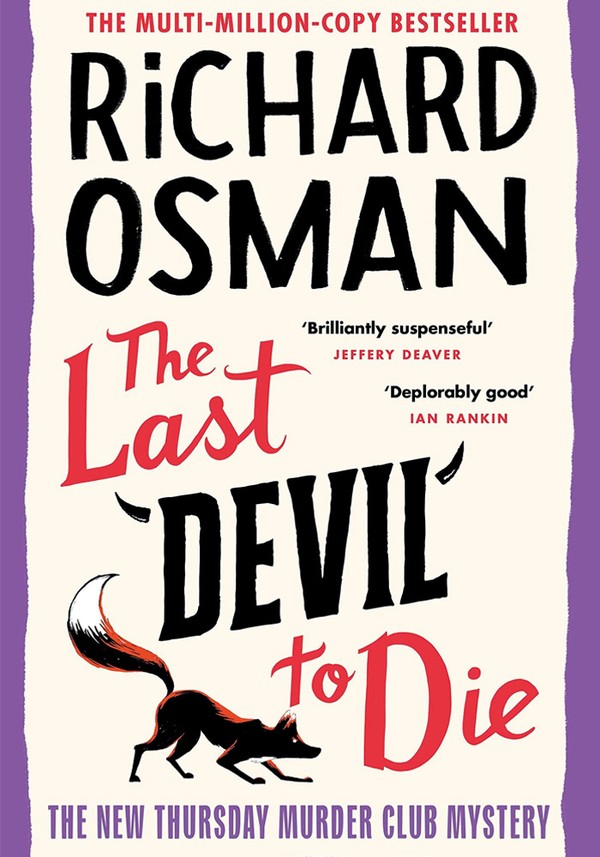
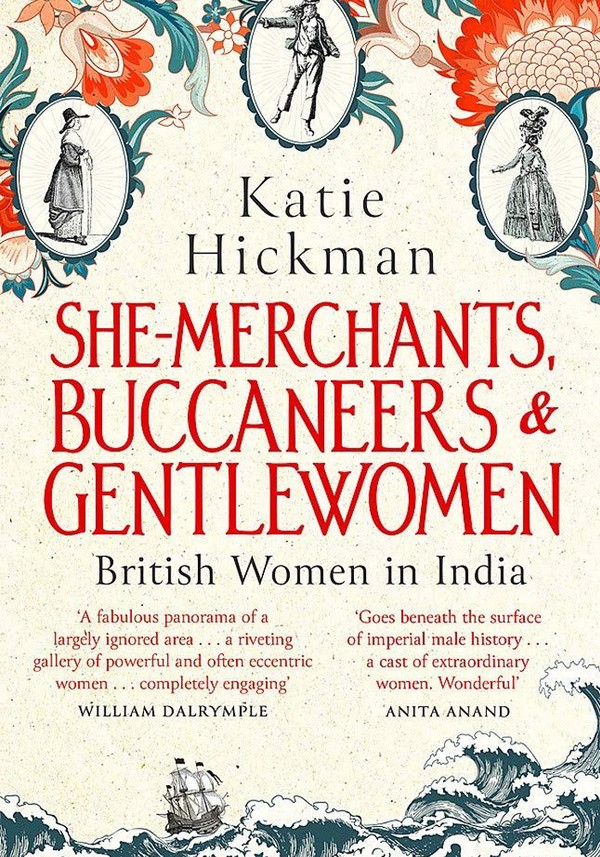
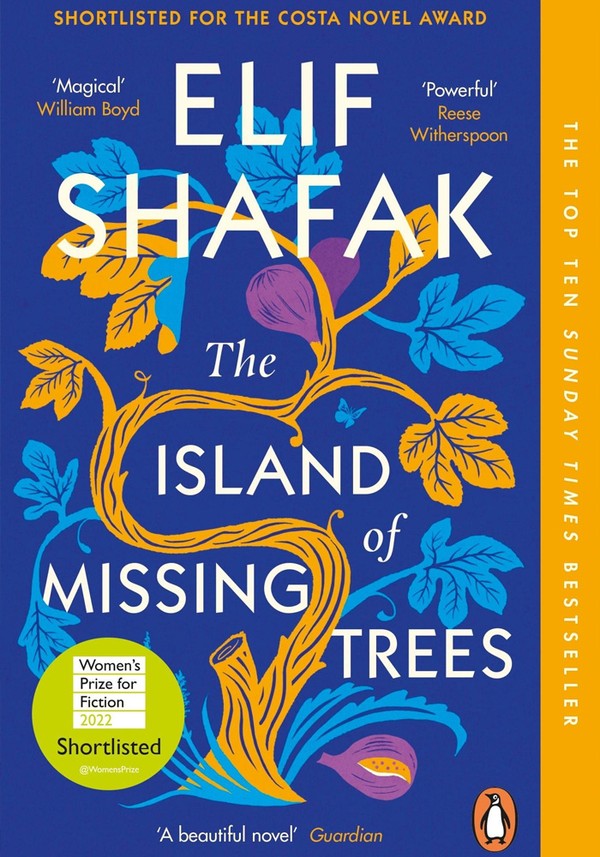
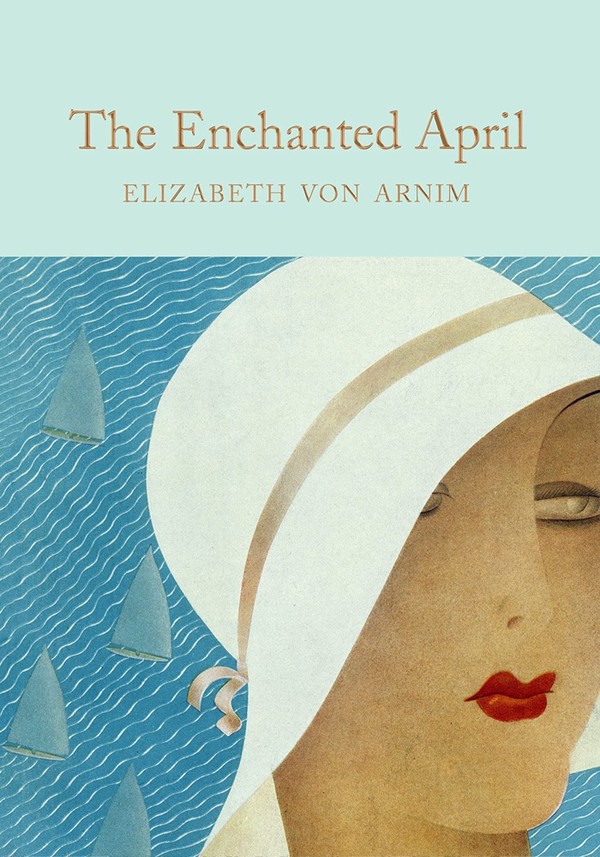
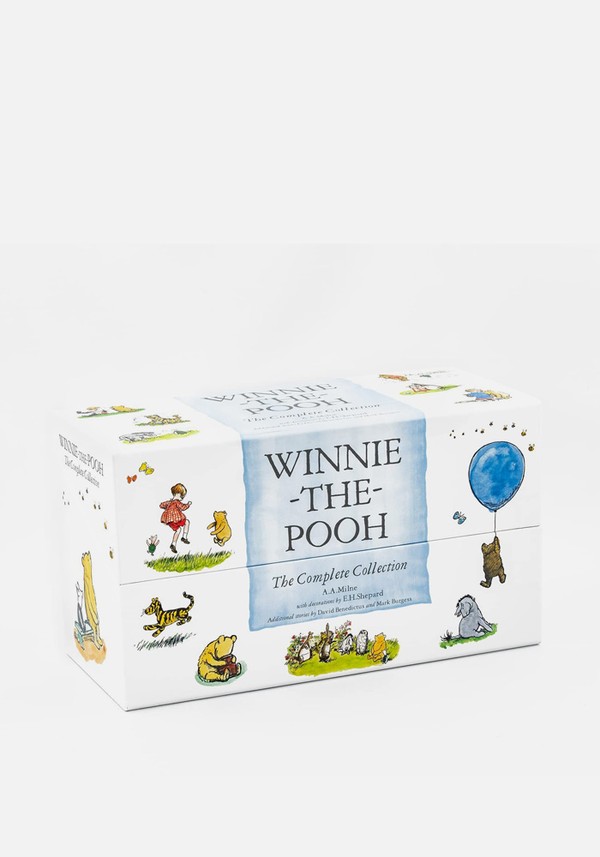
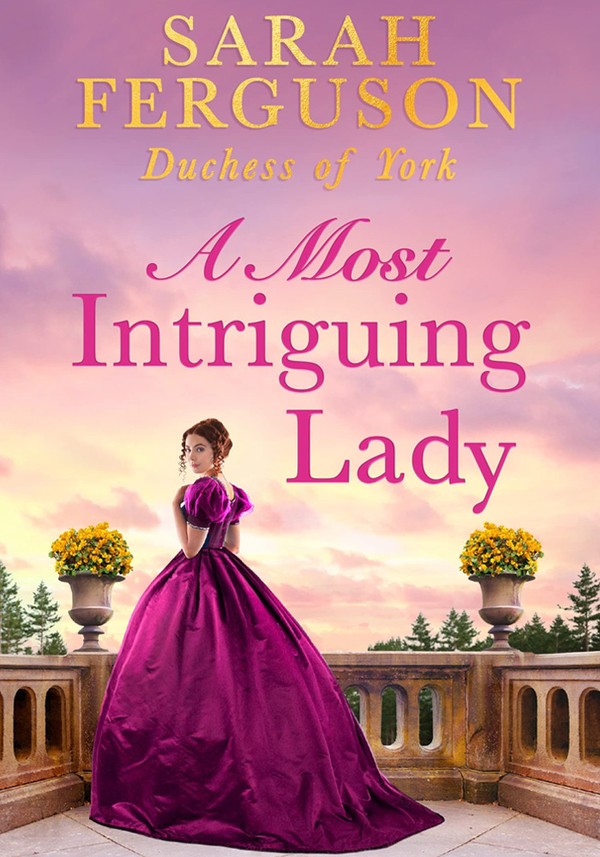
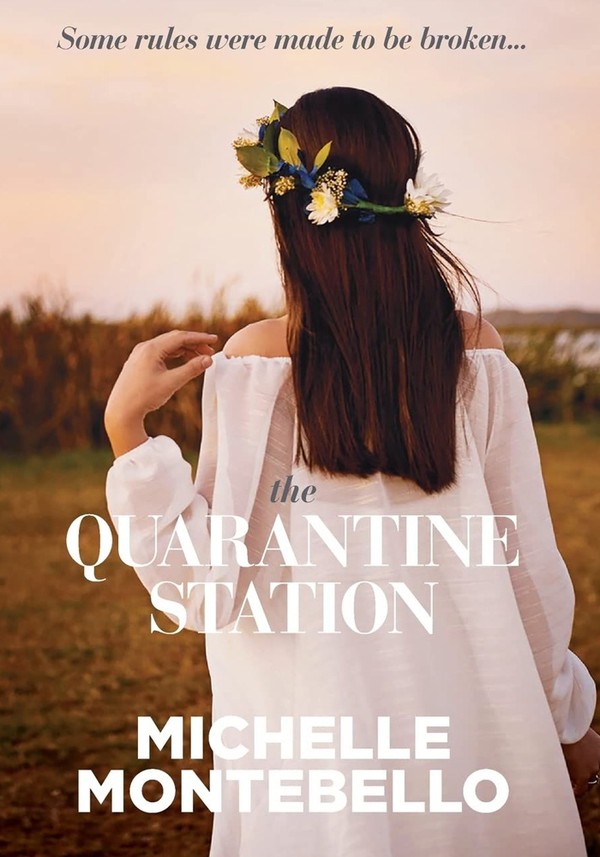
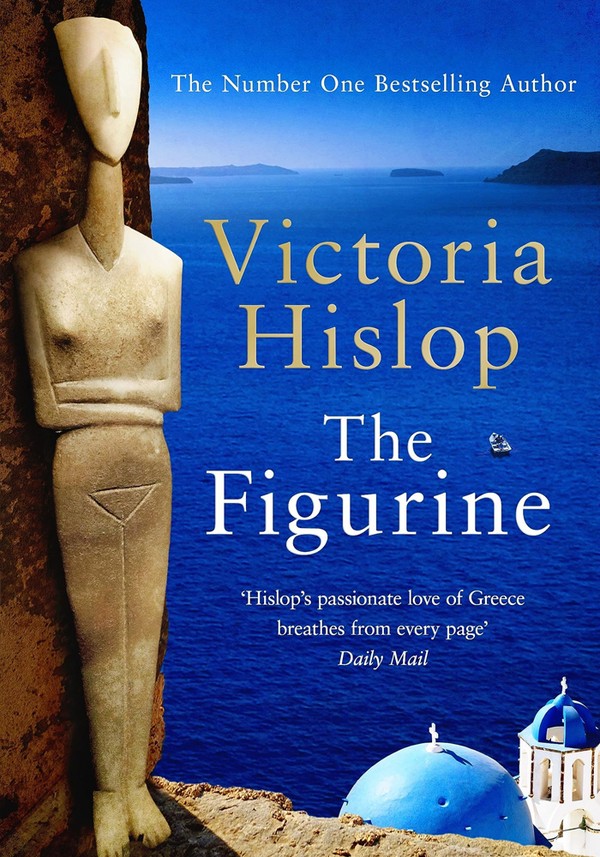
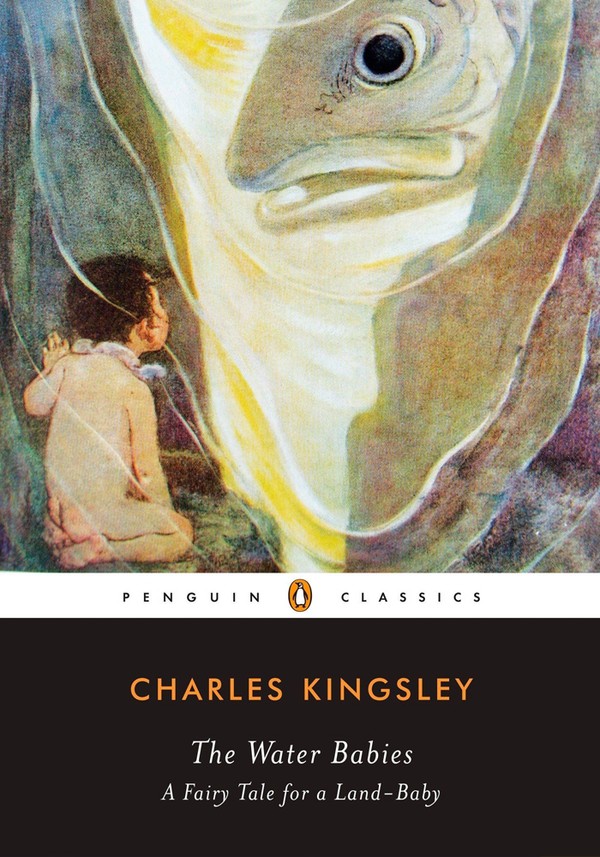
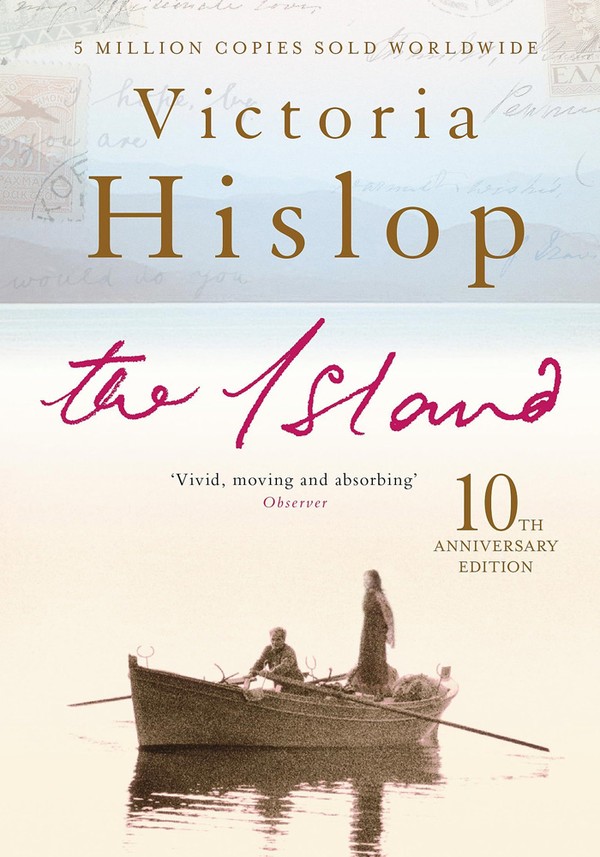
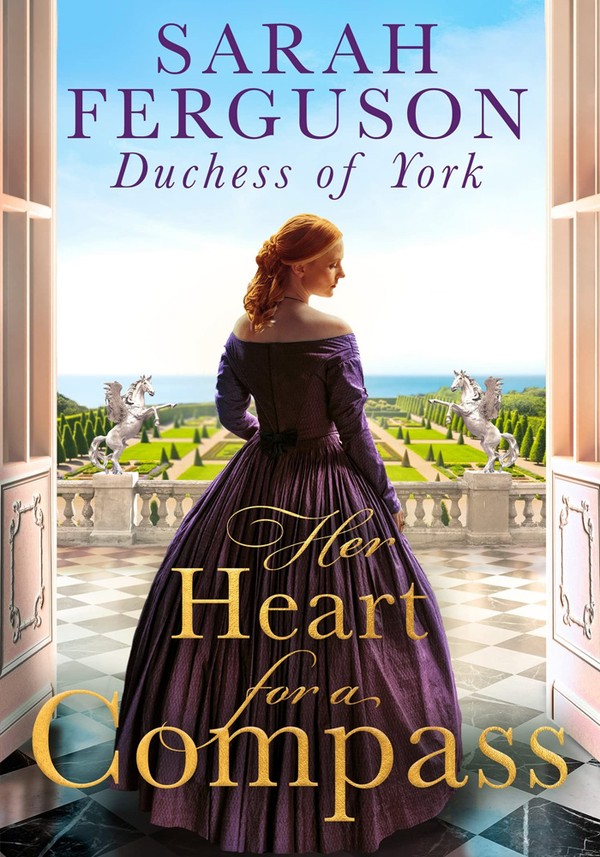
DISCLAIMER: We endeavour to always credit the correct original source of every image we use. If you think a credit may be incorrect, please contact us at info@sheerluxe.com.

